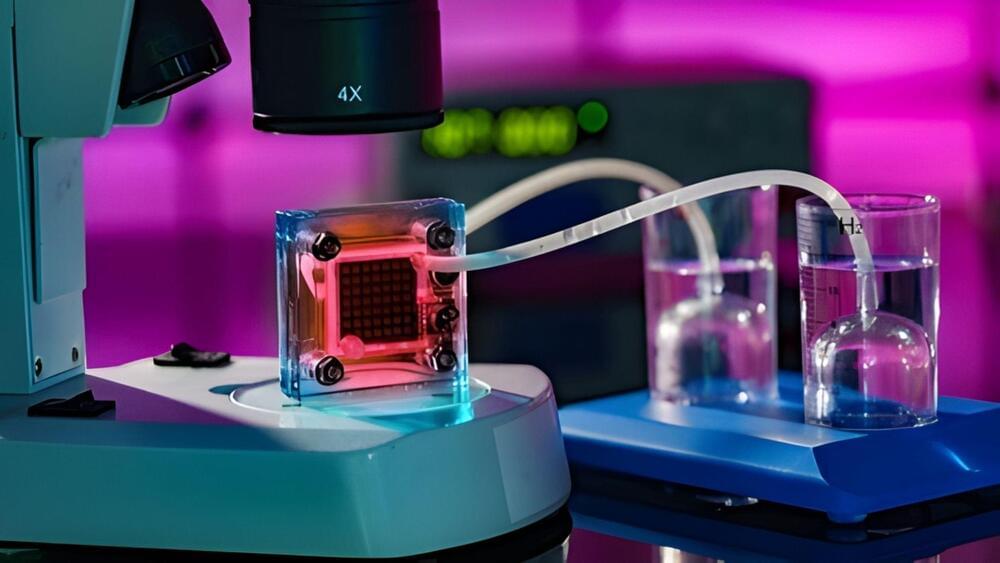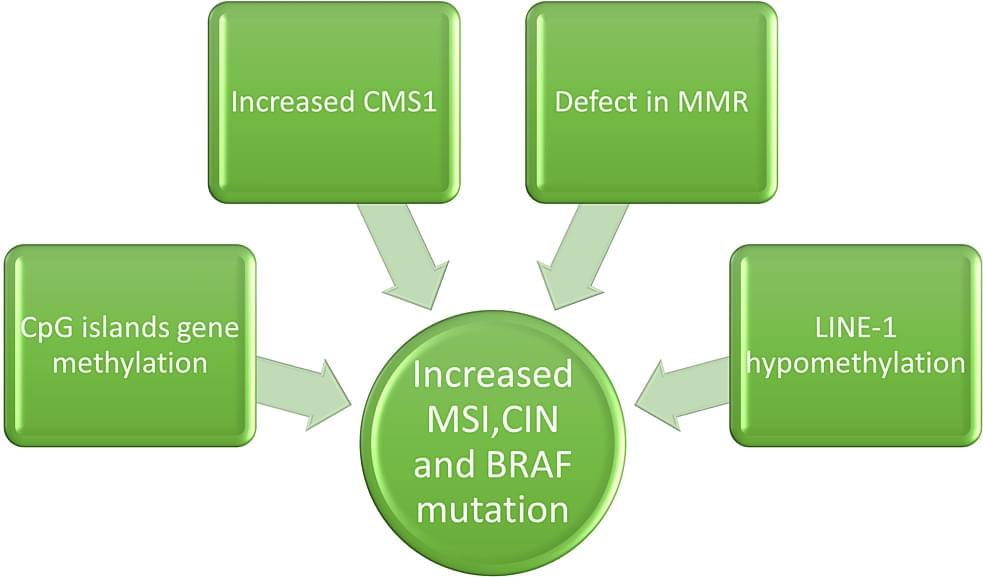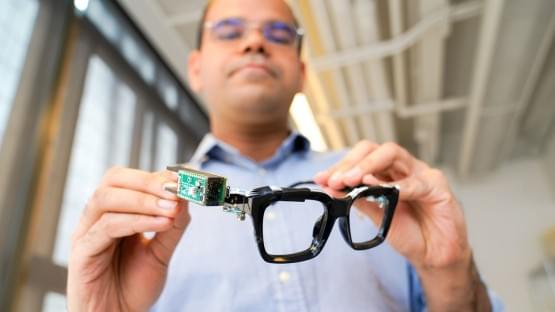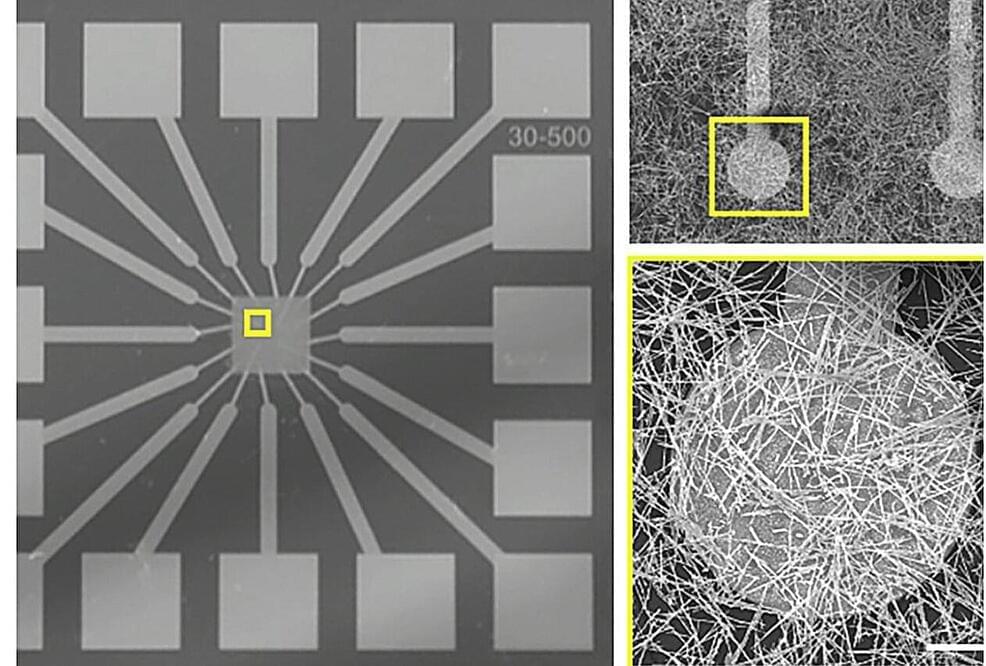In this article we look at several introductions of digital storage related products at the 2023 Supercomputing Conference.
WDC was also showing its hybrid storage JBOD Ultrastar Data102 and Data60 platforms to support disaggregated storage and software-defined storage (SDS). This comes in dual-port SAS or single-port SATA configurations. The Data102 has storage capacities up to 2.65PB and the Data60 has up to 1.56TB in a 4U enclosure that includes IsoVibe and ArticFlow technologies for improved performance and reliability. The Data102 and Data60 capacity numbers assume using 26TB SMR HDDs.
WDC was also showing a GPUDirect storage proof of concept combining the company’s RaidFlex technology with Ingrasys ES2100 with integrated NVIDIA Spectrum Ethernet switches as well as NVIDIA’s GPUs, Magnum IO GPUDirect storage, BlueField DPUs and ConnectX SmartNICs. The proof-of-concept demonstration can provide 25GB/s bandwidth for a single NVIDIA A100 Tensor Core GPU and over 100GB/s for four NVIDIA A100 GPUs.
At SC23 Arcitecta and DDN introduced software defined storage solutions for AI and cloud applications. WDC was also showing SDS, its OpenFlex NVMe storage and GPUDirect storage.









